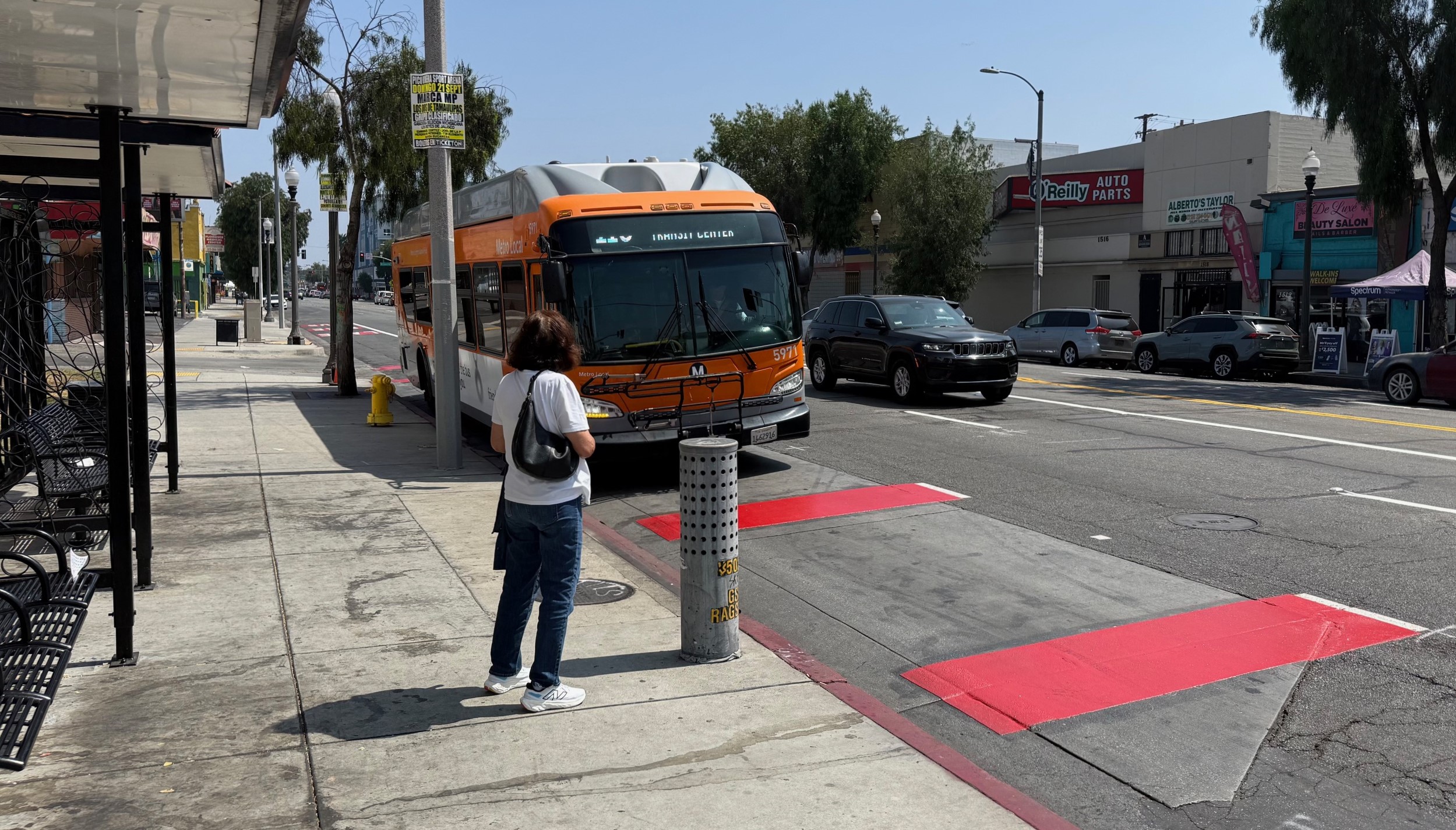Those who commute by car are piling on the pounds faster than people who ride bikes -- and take transit -- to work, according to a recent study published in the British Medical Journal.

The study looked at health and commuting data over time for about 7,500 people in the United Kingdom. When controlling for factors like income, level of activity at work, and age, researchers found that commuting by foot, bike, or public transit was "significantly associated" with lower obesity metrics.
This finding might not be all that surprising, but researchers say scientific evidence that active commuting helps maintain a healthy body weight has been scant. The study also found that transit riders had slightly better numbers than those who walked or rode bikes to work.
After adjusting for other factors, researchers found that men who used public transportation to get to work had about 1.5 percentage points less body fat than men who drove. For men who commuted by foot or bike, the advantage was 1.35 percent. For women, transit riders had about 2 percent lower body fat, and bike commuters had 1.4 percent less.
The results were similar for another important measure of obesity: body mass index. For men, active commuting and transit use were associated with a lower body mass index of about 1 point -- that translates to 10 pounds for a man who is 5' 10" tall or a woman who is 5' 5". In women, active or transit commuting translated to about .75 points lower BMI.
"There are potentially large population-level health gains to be made by shifting to more active modes of travel," researchers said.






